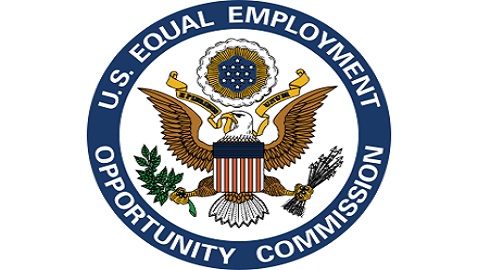The EEOC Accuses Businesses of Discriminating Against Pregnant Employees
Post Views 6The EEOC recently brought lawsuits, on behalf of former employees, against two businesses for purported discrimination against pregnant employees – a restaurant chain and a security company.
Bayou City Wings in Baytown and other areas in Texas, owned by JC Wings Enterprises, LLC, was charged with employees who lost their jobs because of their pregnancies. The EEOC alleges that the company laid off a number of female workers – specifically, eight – just a few months into their pregnancies, based on a policy included in the employee handbook. One worker lost her job despite a doctor’s note stating that she would be able to work very close to her due date and that she had no restrictions for working.
One of the restaurants’ general managers said that a manager retaining a pregnant employee was “irresponsible” regarding the safety of the unborn child. Despite the apparent safety measures, it’s still a violation of the Pregnancy Discrimination Act and the Civil Rights Act. The EEOC’s suit sought an injunction, back pay, reinstatement or front pay and corresponding damages.
Quest Intelligence Group of Sacramento, CA, was accused by the EEOC of similar violations when a female security officer was not permitted to return to work following her maternity leave. When the woman tried to glean information on her work schedule after having her baby, she was informed that no work was available to her. According to the EEOC, the company looked into filling positions for security guards and made several hires (all men) in the ensuing weeks, but did not contact the woman. The Commission sought lost wages, as well as damages brought on by emotional distress.
A third company recently lost its legal battle with the EEOC for pregnancy discrimination. Chemcore Industries, Inc. and Chemcore Industries of Georgia, LLC, which supplies plumbing accessories to companies, settled the lawsuit with a payment of $30,000. The business fired a female customer service rep, allegedly mere hours after she’d told her supervisor that she was pregnant. The consent decree, agreed upon by all parties, entailed training, reporting any complaints of discrimination and the posting of notices pertaining to relevant law. Chemcore did not accept liability with regard to either the legal action or the settlement.
Robert Dawkins, regional attorney for the agency’s Atlanta District Office, said that female employees have a legal right to become pregnant during the course of employment “without fear of losing [their] job.” A comparable sentiment was expressed by Martin Ebel of the EEOC’s Houston District Office, who stressed that pregnant workers are protected by federal law. Even if an employer proposes a policy to safeguard workers, such a policy is still in violation of law, as the employer has no right to decide whether or not an employee can work while pregnant.
According to William R. Tamayo, a regional attorney for the EEOC, pregnancy discrimination is still a serious concern in the workplace. The EEOC took in an average of 6,000 complaints of reputed pregnancy discrimination in the fiscal years of 2007 to 2011.
The EEOC Accuses Businesses of Discriminating Against Pregnant Employees by Harrison Barnes



 What Does It Actually Cost to Hire a New Employee?
What Does It Actually Cost to Hire a New Employee?  Want to Attract Top Talent to Your Company? Have a Purpose
Want to Attract Top Talent to Your Company? Have a Purpose  The Most Popular 20 Employer Articles for Gig in 2015
The Most Popular 20 Employer Articles for Gig in 2015  Top 5 Areas You Should Cut Costs in Your Business in 2016
Top 5 Areas You Should Cut Costs in Your Business in 2016  When to Visit Human Resources
When to Visit Human Resources  6 Ways to Make Your Employees Happier
6 Ways to Make Your Employees Happier  Home Depot Sued by Two Former Female Employees for Sexual Discrimination
Home Depot Sued by Two Former Female Employees for Sexual Discrimination  5 Ways You Can Hire and Keep the Best Employees for Your Company
5 Ways You Can Hire and Keep the Best Employees for Your Company